There’s an old saying about how, if you can remember the 1960s, you weren’t really there.
But, for Scottish football fans of a certain vintage, there’s also a period which made an indelible impression – the 1970s – and, regardless of our efforts to eradicate the queasier memories, it was a time when all things seemed possible and switching on your TV was being offered an invitation to the launch of Arthur Montford’s latest sports jacket.
Arthur was a fan with a microphone – who occasionally shouted: “Watch out, he’s behind you” to Scotland players during his commentaries – but he was a passionate soul with a genuine love of the beautiful game, whose enthusiasm was at odds with the more cynical tones of his counterparts such as David Coleman, whose automatic response “One-nil”, whenever England opened the scoring, always made it sound as if the goal was as inevitable as death, taxes and another victory for the FA’s finest.
As somebody who grew up in that decade, there’s no glossing over the fact there were plenty of things wrong with football, whether in the racist chants which blared from the terraces, the stadium violence or the rampant sexism of a generation who thought women should be shackled to their oven gloves and ironing boards in perpetuity.
But, from time to time, we could revel in the antics of genuine characters, who lifted our spirits and, however briefly, galvanised the nation – and a lot of these redoubtable individuals have been chronicled in a terrific new book Bring Me the Sports Jacket of Arthur Montford by the award-winning journalist Aidan Smith.
How Scottish football has changed since 1970s
This features a plethora of dramatic reminders of how football has changed since the epic failure of Ally’s Army at the 1978 World Cup in Argentina, not least when former Aberdeen goalkeeper Bobby Clark explained his brief flirtation with becoming a defensive maestro as the Dons struggled to cope with a mounting injury list.
He told the author: “It was our grand old trainer, Teddy Scott, who nominated me for centre-half. Initially, this was in the reserves and I made my debut against Clyde at Shawfield.
“Soon, I was enjoying my new life, safe in the knowledge there were only three men and a dog who were ever watching me.
“But then Martin Buchan got hurt in a car accident, leaving a gaping hole in the first team.
“Suddenly, I was on the bench at Ibrox. Suddenly, I was out there in front of 40,000 fans, far from my box, with Colin Stein and his incredibly sharp elbows.
Get back where you belong
“After that came my first start as Aberdeen’s No 5 at St Johnstone and it didn’t take me long to get a wee bit carried away. Instead of quickly passing the ball to someone who knew what to do with it, I was taking a couple of touches, then three, then four…”
That was enough for the Dons manager, Eddie Turnbull, whose industrial-strength language, spoke for itself. “Hey you, you’re a f***ing goalie.” And a damn fine one.
The book also features the remarkable exploits of the recently-departed Aberdeen stalwart, Davie Robb, and his stint in the starlight of the North American Soccer League, where he not only rubbed shoulders with the likes of Pele, Franz Beckenbauer and George Best, but occasionally took top billing while they were in the wings.
Even he had no idea how this materialised, as Robb admitted: “I had no ball skill, was useless at heading, and just ran about making a nuisance of myself.
“I played in the shadow of Joseph Harper, as I knew him, the wee dumpling hero of the Beach End.”
Yet, if the US crowds knew nothing about the game, their ignorance was bliss for the boy from Broughty Ferry, a sort of Nottingham Forest Gump in his heyday.
As he recalled: “The parties were amazing. Well, apart from the one where everybody had to deposit their guns on the table.
“There was dinner with Frank Sinatra. I had to deliberately cut myself shaving the following morning to make sure I was still alive.
“I was introduced to the crowd at a Harlem Globetrotters match. David Gilmour of Pink Floyd became a friend. I went on stage with the band Yes and mucked about on bass guitar.
“One night in New York at Sammy Davis Jnr’s penthouse, there was this stunning girl and our eyes met across a crowded room. We got talking.
“I had no idea who Olivia Newton-John was, but one thing led to another.”
As it did with Fleetwood Mac’s Stevie Nicks. And, apparently, Princess Caroline of Monaco.
Nowadays, of course, such stories would be all over Twitter or, at least if Elon Musk could fathom how to switch it on properly. But back then, Robb was on the march while Denis Law was ignoring the 1966 World Cup final by playing golf.
He was, by his own words, “crap” on the course, but he persevered at Chorlton-cum-Hardy in Manchester. Anything was better than football that day.
As the Aberdonian said: “If England won, I knew that I would never hear the end of it from Bobby Charlton and, especially Nobby Stiles, and I’d already been shunning those b***ers for a while.” So, off he ventured with his clubs, far from the maddening crowd.
All life is here. It’s funny, poignant, occasionally sad and frequently hilarious.
The book is published by Arena Sport.
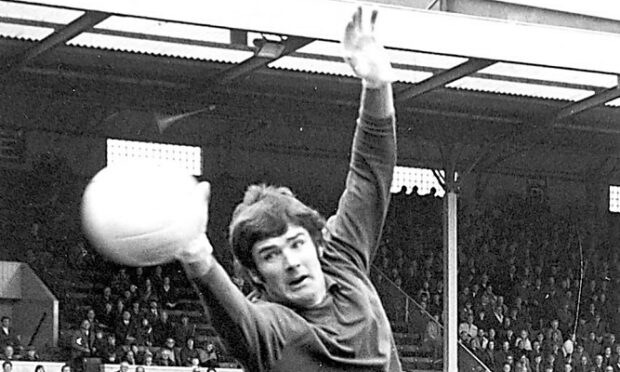
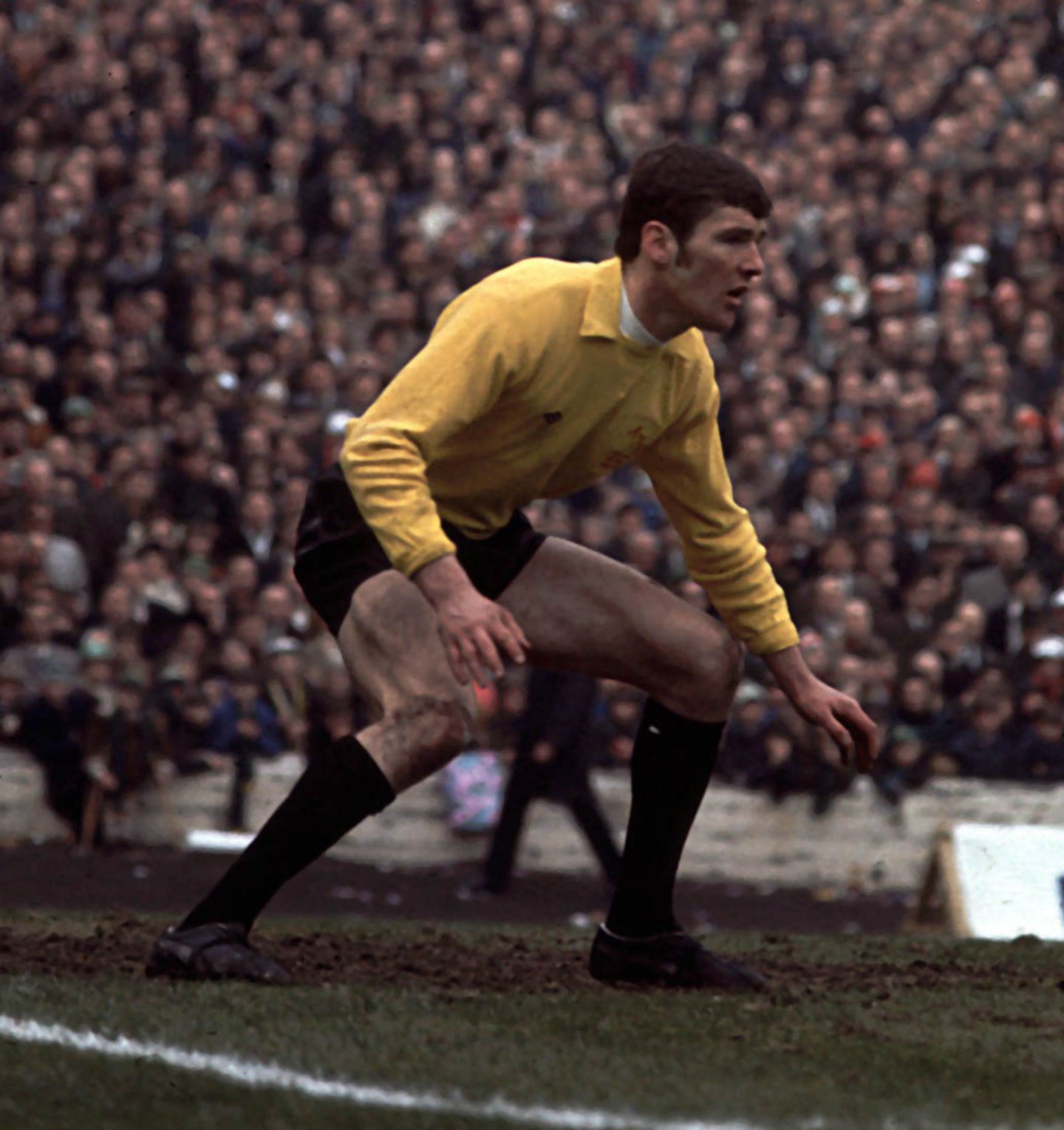
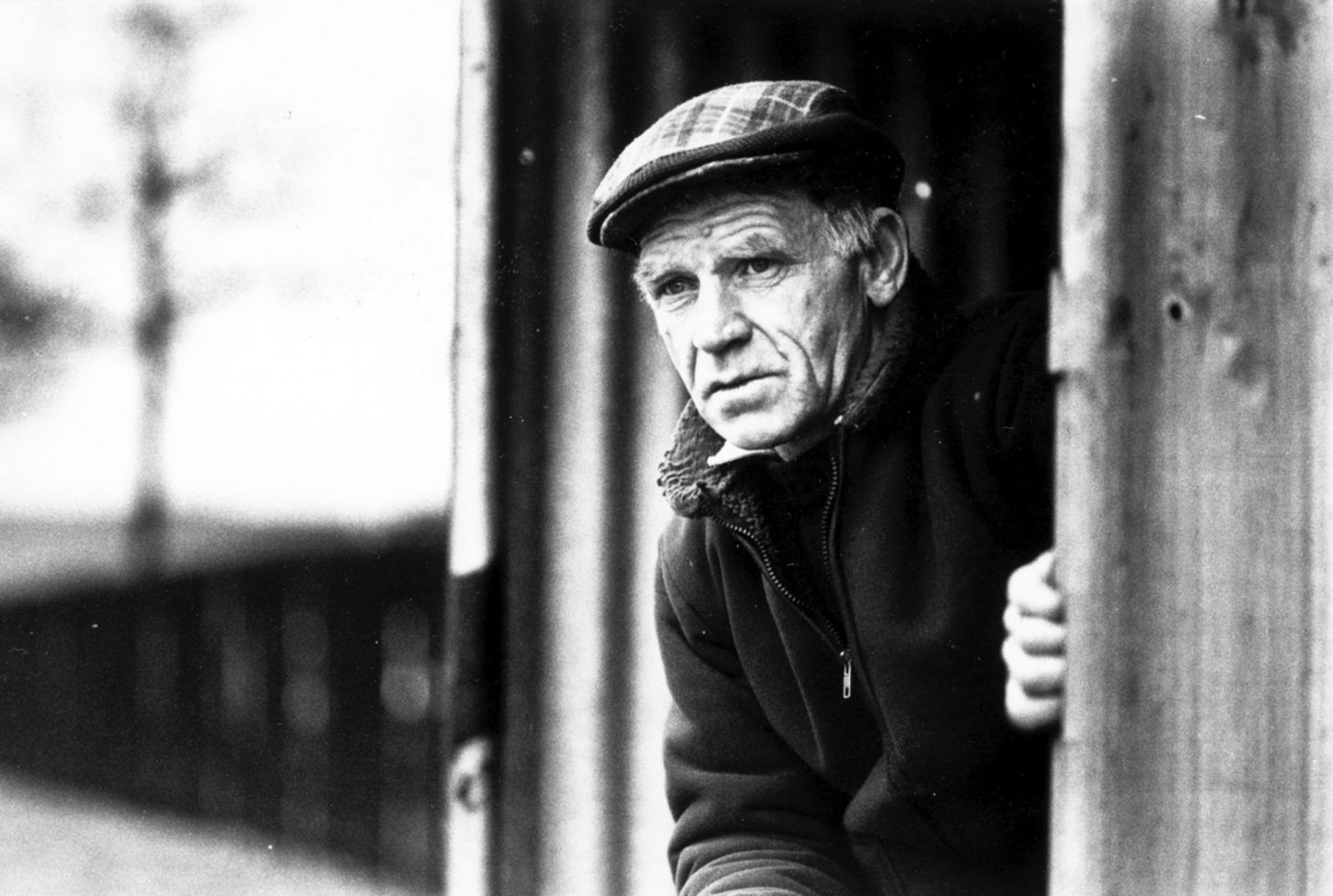
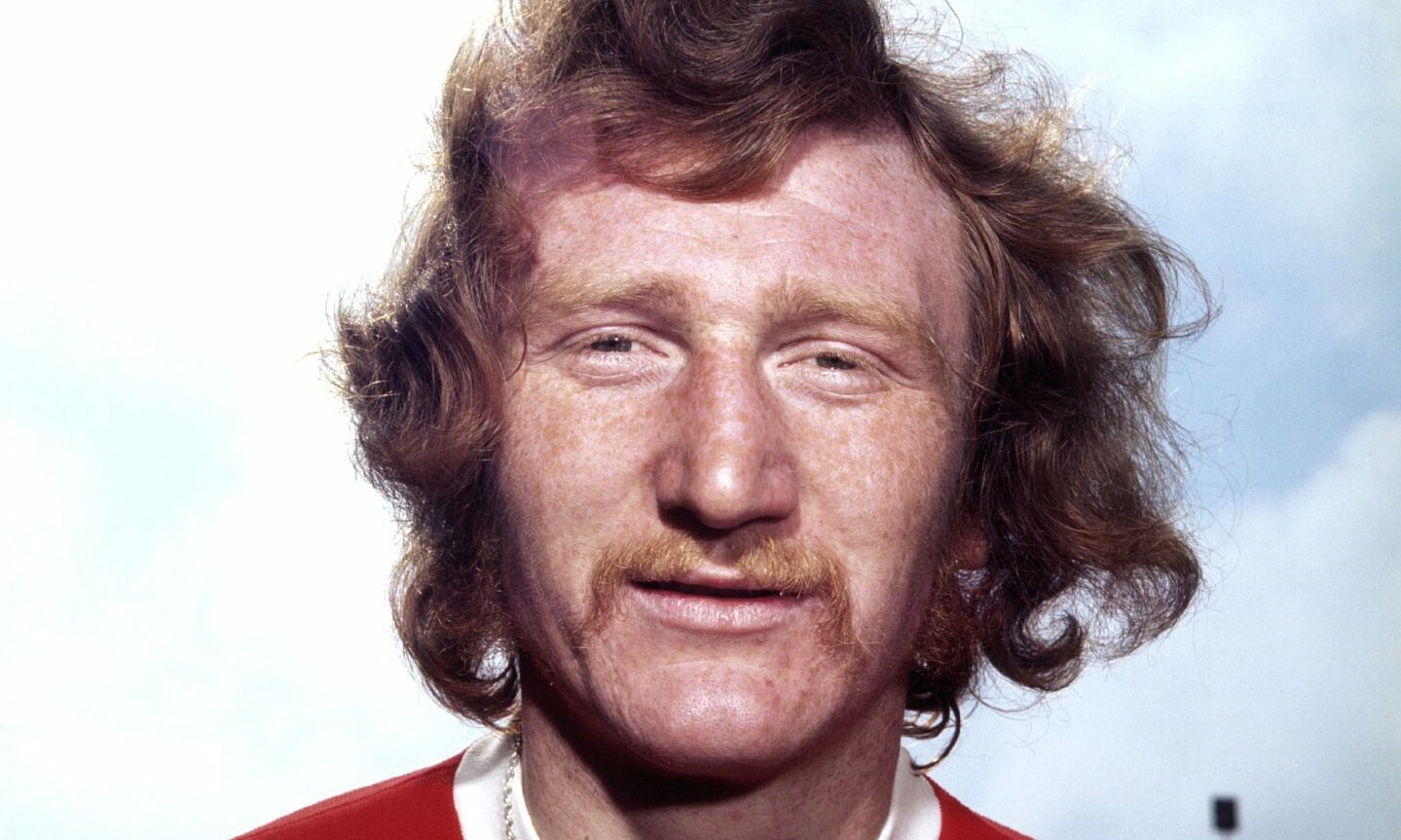
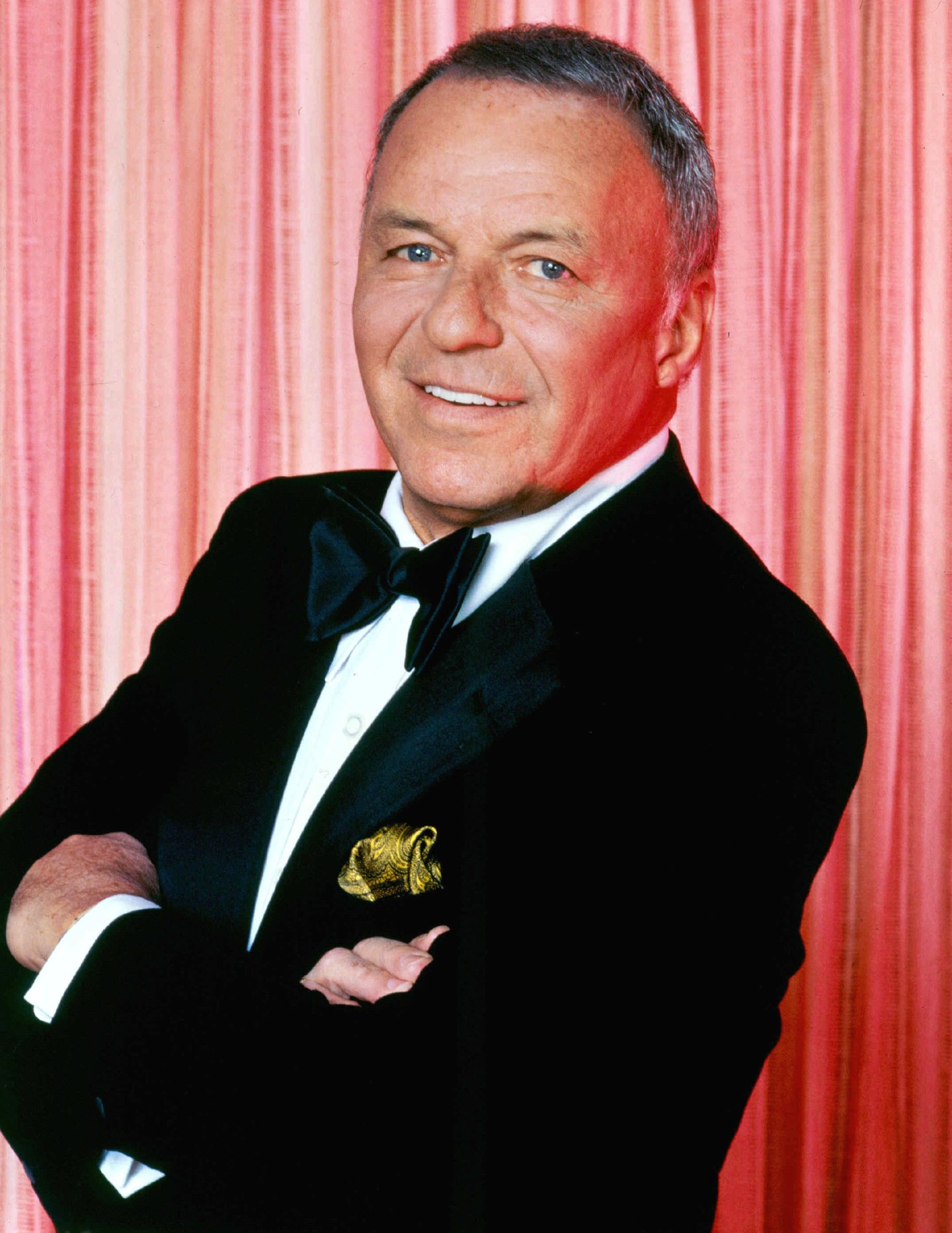
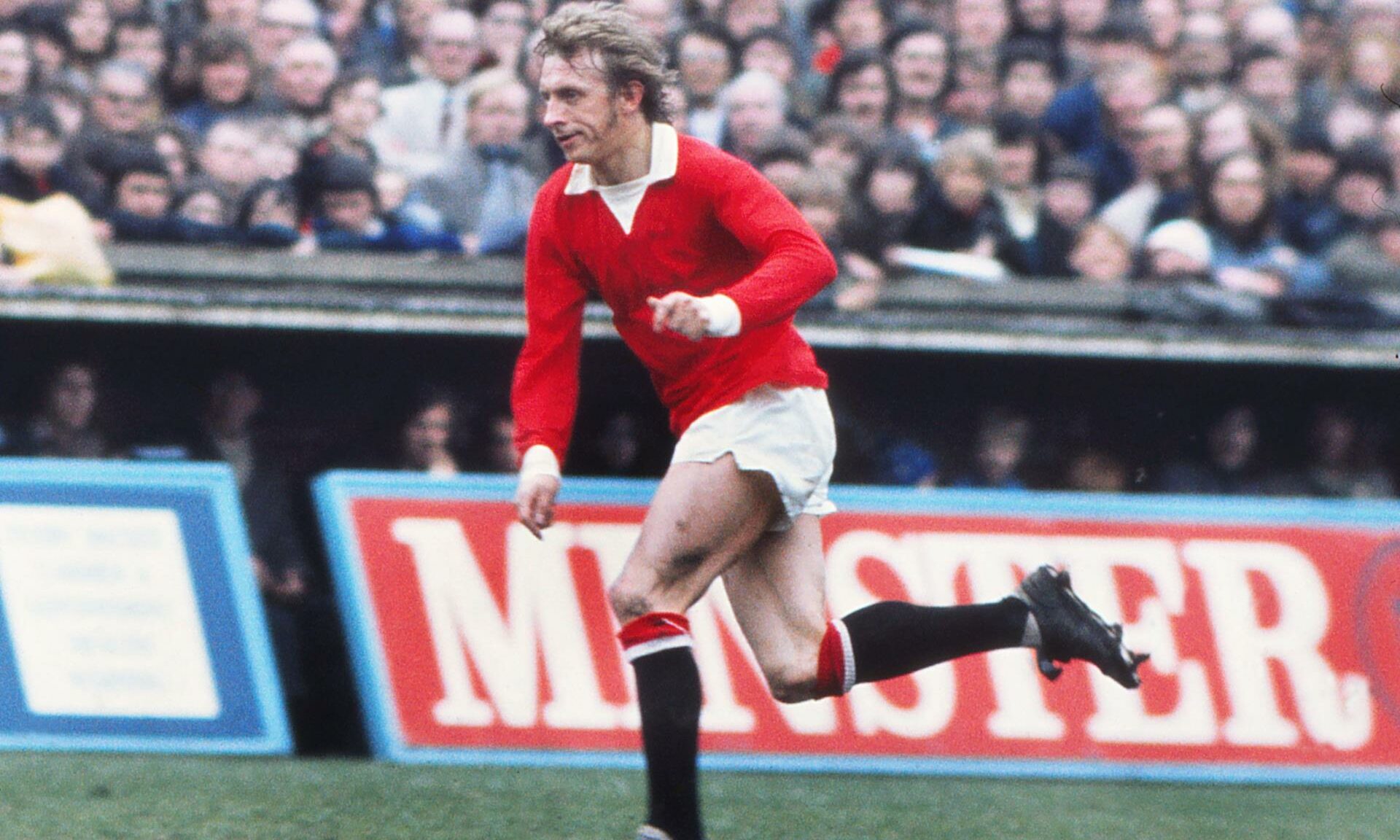
Conversation